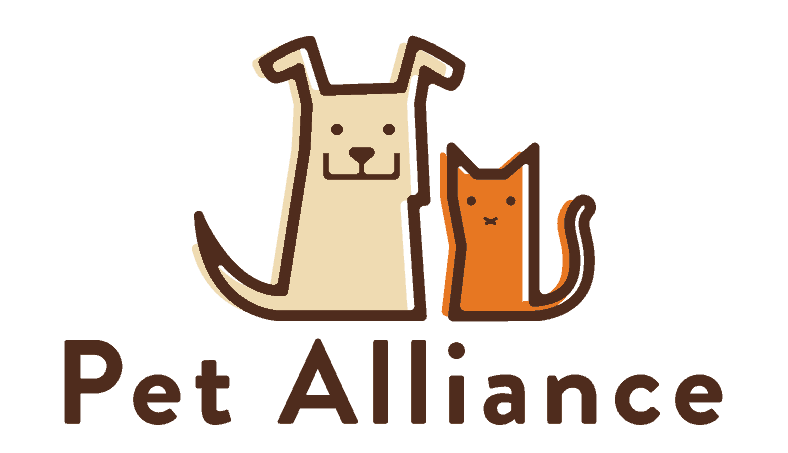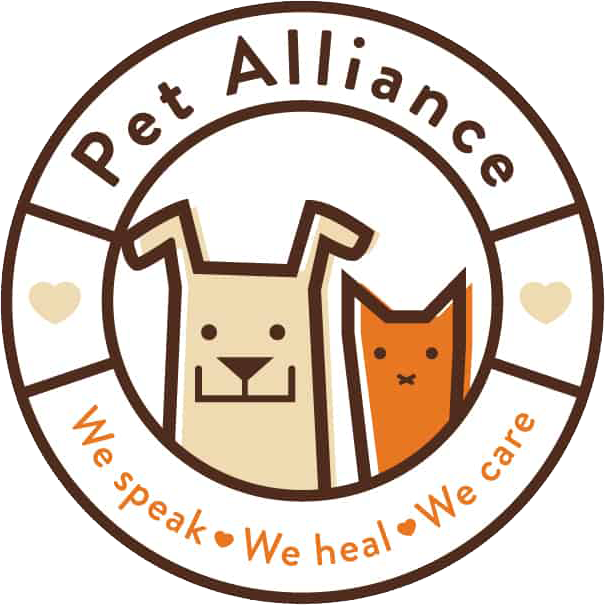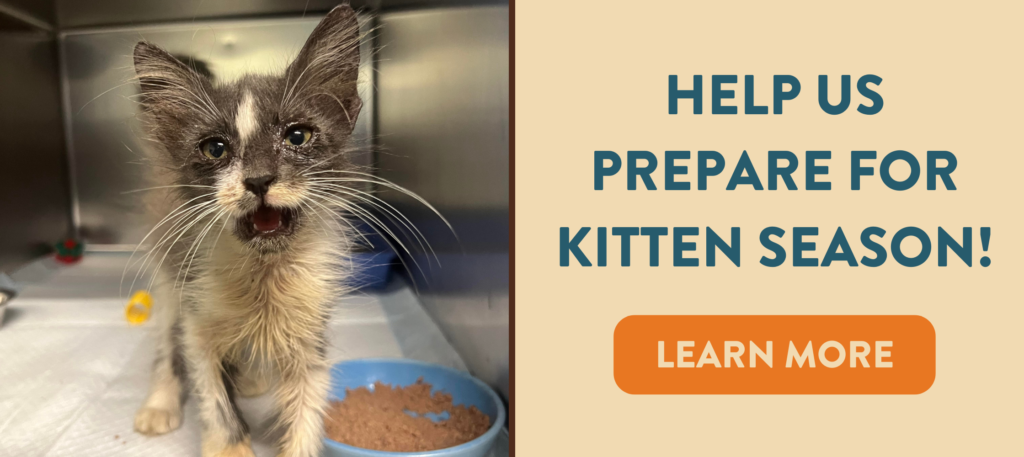Much like infants and toddlers, puppies explore their world by putting things in their mouths. This is normal puppy behavior.
Discouraging Unacceptable Behaviors
It’s virtually inevitable that your puppy will, at some point, chew up something you value. This is part of raising a puppy. You can, however, prevent most problems by taking the following precautions: Minimize chewing problems by puppy-proofing your house. Encourage children to pick up their things out of puppy’s reach. If, and only if, you catch your puppy chewing on something he shouldn’t, interrupt the behavior, then offer him an acceptable chew toy instead. Praise him lavishly when he takes the toy in his mouth.
Don’t give your puppy objects to play with such as old socks, old shoes, or old children’s toys that closely resemble items that are off-limits. Puppies can’t tell the difference. Closely supervise your puppy. Don’t give him the chance to go off by himself and get into trouble. Use baby gates, close doors, or tether him to you with a six-foot leash so that you can keep an eye on him.
When you must be gone from your home or you can’t actively supervise your puppy, confine him to a small, safe area or crate. Make sure your puppy is getting adequate physical activity. Give your puppy plenty of “people time.” He can only learn the rules of your home when he’s with you.
Encouraging Acceptable Behavior
Provide your puppy with lots of appropriate toys. Rotate your puppy’s toys. Puppies are often more interested in unfamiliar or novel objects. Put out a few for several days, then pick those up and put out different ones. Experiment with different kinds of toys. When you introduce a new toy to your puppy, watch him to make sure he won’t tear it up and ingest the pieces.
Consider the various types of toys that can be stuffed with food. Putting tidbits of food inside chew toys focuses your puppy’s chewing activities on those toys instead of on unacceptable objects. If your puppy is teething, try freezing a wet washcloth for him to chew on or give him cold carrots.
What Not To Do
Never discipline or punish your puppy after the fact. If you discover a chewed item even minutes after he’s chewed it, you’re too late. A puppy can’t reason that, “I tore up those shoes an hour ago and that’s why I’m being scolded now.” Some people believe this is what a puppy is thinking because he runs and hides or because he “looks guilty.”
In reality, “guilty looks” are actually canine submissive postures that dogs show when they’re threatened. When you’re angry and upset, your puppy feels threatened by your tone of voice, body postures, and/or facial expressions, so he may hide or show submissive postures.
For more on puppy chewing, go to:
https://positively.com/dog-behavior/puppy-knowledge/teething-mouthing/


